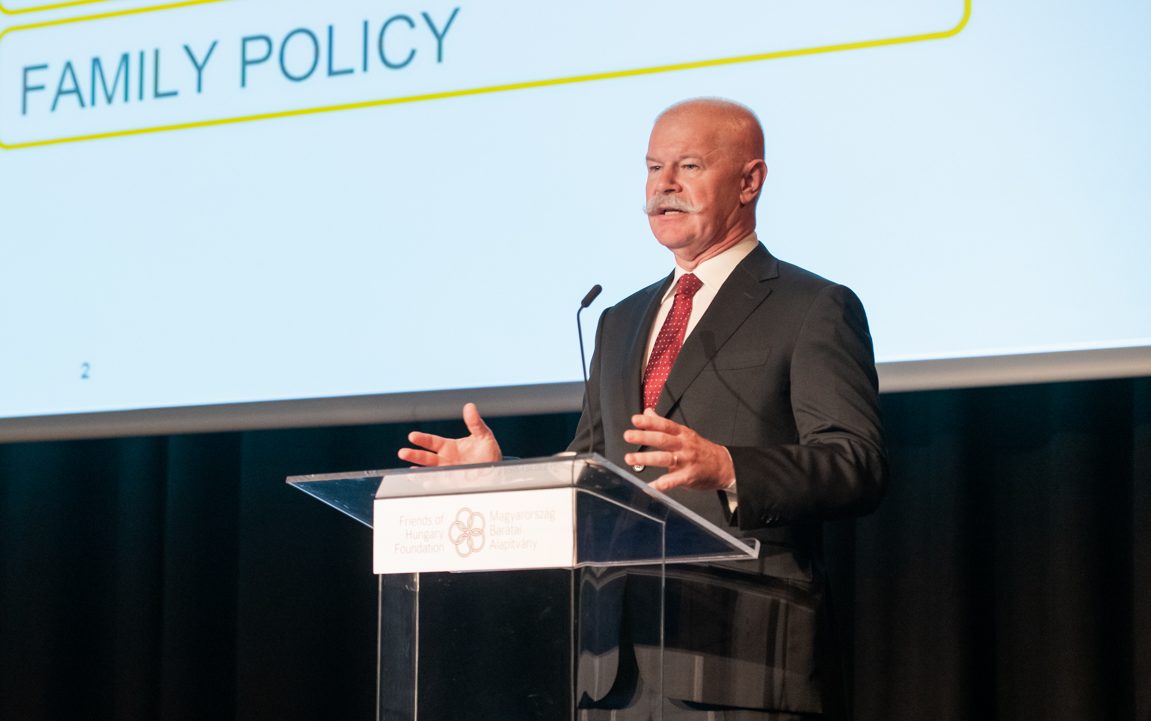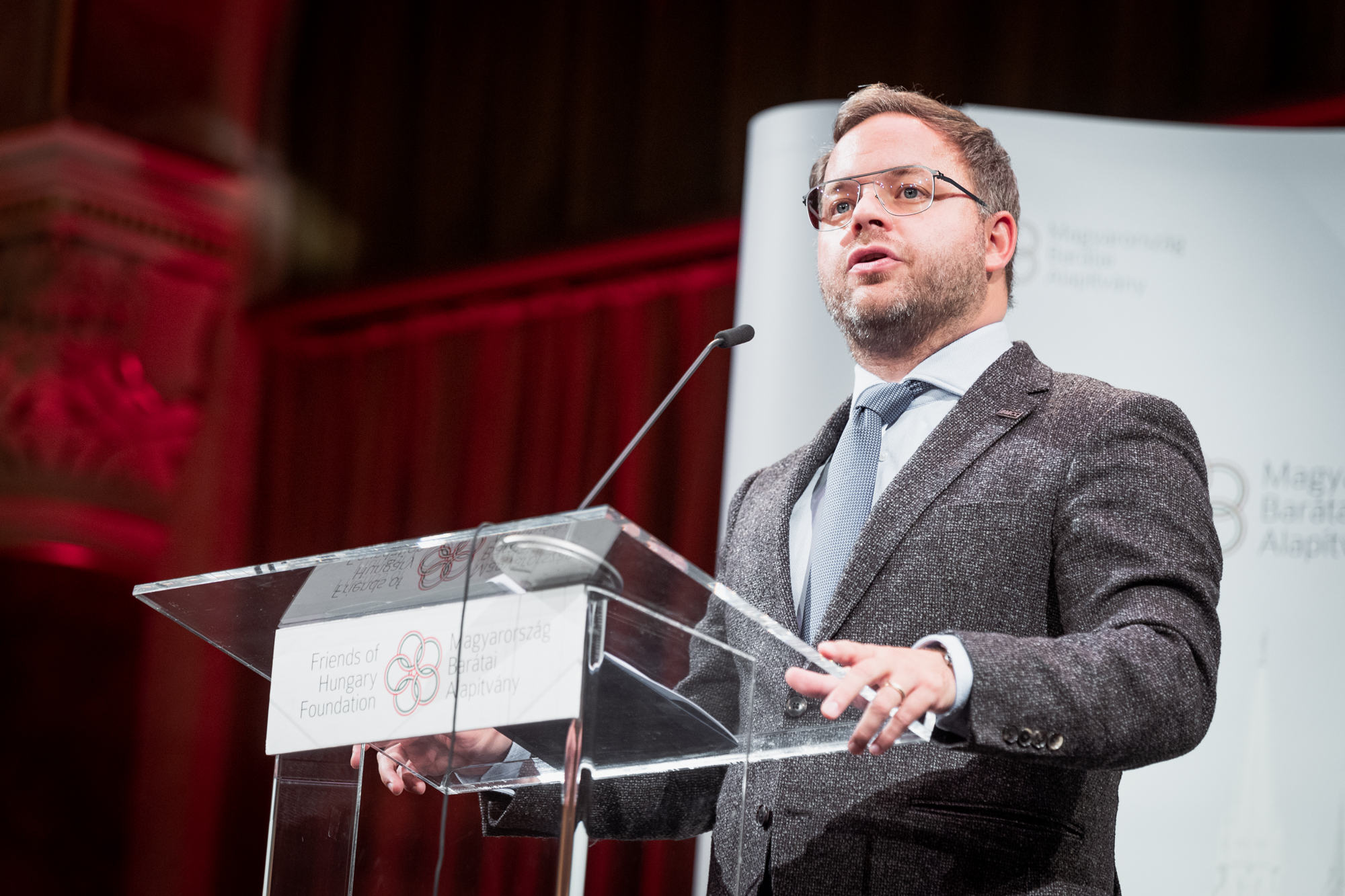
Members of Hungarian communities abroad come together in Budapest to share their experience, as well as their love for Hungary.Continue reading

Balázs Orbán, the Prime Minister’s Political Director, spoke about Hungary’s strategy, role, and opportunities in the changing world order at the VIII Conference of the Friends of Hungary Foundation.
He recalled that the ancient Greeks believed that the world had two states, cosmos and chaos, and the government believes that the world is currently moving from orderly cosmos towards chaos, where there are no points of reference.
“Our responsibility is to do everything we can to ensure that this does not happen, but it probably will,” he noted. According to Balázs Orbán, the pandemic, the war, the return of the cold war logic are not isolated events, but part of the above mentioned global transition.
He said that history shows that when the world order has moved from cosmos to chaos, the response of the major actors has been building blocs. “A thousand years of Hungarian history show us that this is not good for Hungary. We have to use all our means to push events in the direction that the creation of blocs should happen as late and as little as possible,” he explained. If the blocs are created, the strategic goal is for Hungary and its region to be autonomous. “This does not mean, of course, that we want to be a completely closed territory, oblivious to the rest of the world, but that we want to be naturally linked to alliances,” he noted.
Balázs Orbán recalled that for Hungary to be relevant in the world, it is essential that the country performs well in economic, military, political, and cultural terms.
According to the Prime Minister’s political director, Hungary is pursuing a “puffer fish strategy,” which makes it more visible than its real weight. In the East, this evokes sympathy, where they fundamentally disagree with the mainstream thinking that characterizes the West today. Traditionally, however, the perception of Hungary in the West is worse. And the West is in a difficult position- it senses that its civilizational dominance has been shaken by the shifts in the world order. This leads to the infighting of the elites, and those who present alternative visions receive aggressive reactions.
Balázs Orbán pointed out that in this polarized situation, Hungary needs to find allies who see the world in a similar way. The building of a conservative political-intellectual network is therefore a strategic issue, and the government is counting on the help of Hungary’s friends in this.
On the war in Ukraine, Balázs Orbán said that most major powers have something to gain from the war, but Europe can only lose from it. He stressed that the Hungarian government was not in favor of prolonging the war, but of peace. He also pointed out that the EU’s sanctions are doing more harm to Europe than to Russia.
Responding to a question, the politician said that the first and most important objective of Hungarian foreign policy is to prevent neighboring countries from forming an anti-Hungarian alliance. “This must not be achieved by force and hostility, but on the contrary, by friendship and diplomacy,” he said. According to Balázs Orbán, the greatest foreign policy success of the past twelve years is the strategic alliance with Serbia.
Featured photo via Facebook/Orbán Balázs